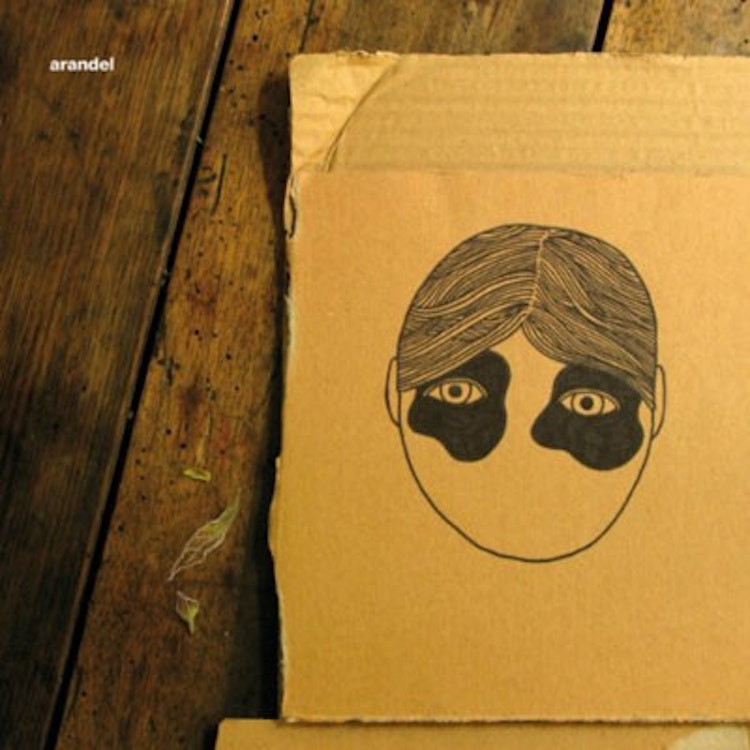"In D"

Terry Riley’s ‘In C’ (1964) is a curious piece of experimental noise consisting of 53 musical phrases that exist for no specific length of time as defined by its composer. It’s a pretty remarkable piece of noise that brings immediately to mind Steve Reich’s ‘Music For 18 Musicians’, but Riley’s piece is altogether more obtuse and rustic. Though Riley suggested the pieces be simultaneously and repetitively played by a minimum 35 musicians, it’s been performed by as many as 100. According to Wikipedia, this makes ‘In C’ ”a semi-aleatoric musical piece,” which basically means that it’s mostly without structure.
So, if Arandel’s album title is a reference to ‘In C’, it should be bonkers and extemporaneous. And, to an extent, it is. For starters, each of the nine tracks here are – as the title suggests – in the key of D. Not that that makes any difference to the variety of In D, as Arandel brings his melee of sound cohesively together over the running time of 50 minutes. Each track is titled anonymously and non-sequentially (#1, #5, #6, #7, #9 etc,) and is built under a strict ‘sound dogma’, which means that all sounds are created by the artist – so there are no samples here. So perhaps ‘sound dogma’ means ‘not hip-hop’. I don’t know.
Pretensions aside, In D is an eclectic mix of electronic avant-garde noise, classical composition and minimal techno. One could compare Arandel to Murcof, but really only for tracks ‘#1′ and ‘#7′. Elsewhere, and Arandel can sound like Richard D. James attempting to emulate The Beatles; particularly on ‘#10′ where reversed piano notes collide with sitar twang and ambient recklessness. Speaking of those Beatles, ‘#9′ channels the breakbeat styles of DJ Shadow and the post-rock crescendo of Mogwai, but semi-aleatorically. It’s adventurous stuff, though obviously tempered.
With little known about Arandel, his sound is typically European (specifically, French) – and that’s immediately discernible from the warm quality of the sound production, choice of instrumentation and perhaps even the toccata piano running through ‘#8′. In one respect, it’s a shame Arandel reveals so little about himself and offers no textual analysis other than ‘In D’, and yet it’s a tried, tested, liberating mechanism to allow the listener to move away from the determinism of titles.
In D is an exciting, occasionally intoxicating and spirited album that owes as much to the spirit of its influences as it does to the desired mystery of its creator.
Get the Best Fit take on the week in music direct to your inbox every Friday

Lorde
Virgin

OSKA
Refined Believer

Tropical F*ck Storm
Fairyland Codex






